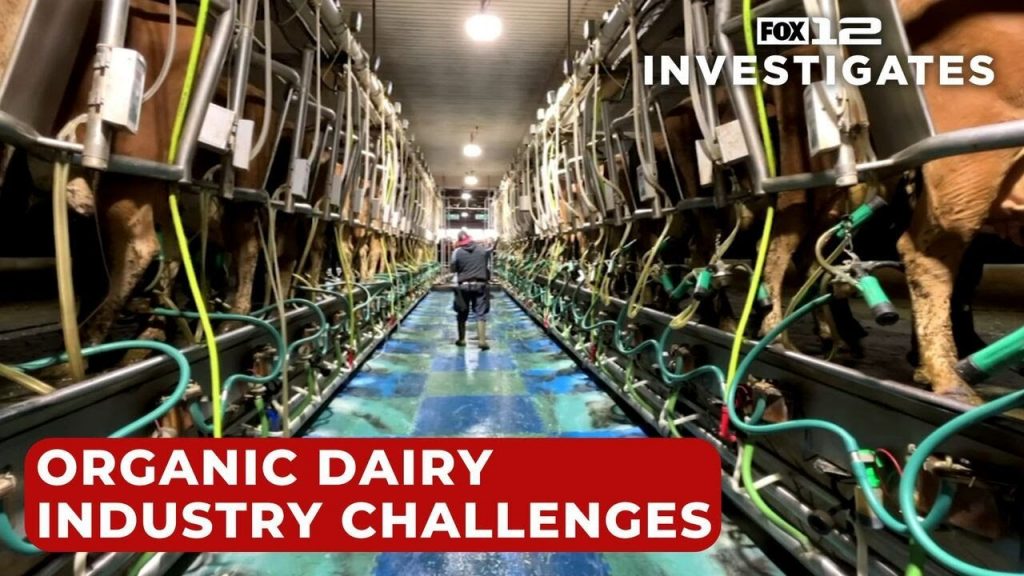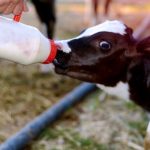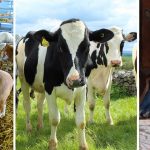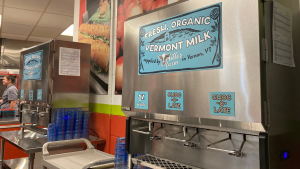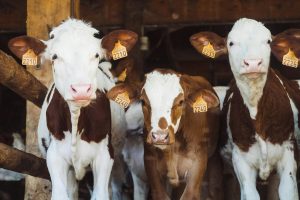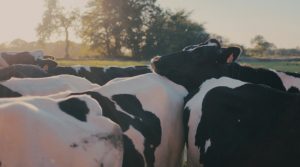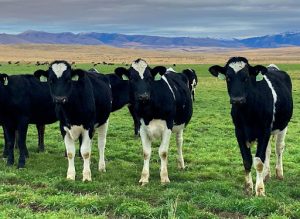
Organic dairy farmer Robert Kircher, who runs Forest Glen Oaks Farm in Yamhill County with his brother, said the demand for organic milk is growing, but the cost of production is becoming a rapidly rising business expense. He says that the production challenges are a recent development.
“Since 2014 until just in the last six to 10 months, milk has started getting really short,” Kircher said. “Two years ago, some of our feed costs were almost double what they are today.”
While organic dairy farmers have received some federal assistance, including more than $30 million in grants from the U.S. Department of Agriculture (USDA) in 2024, Kircher said those funds offer only temporary relief. The costs of organic feed, changing regulations, and inflationary pressures are making it difficult for family farms to survive.
“You go in the grocery store and prices are way higher, but the farmers haven’t received any of that,” said Kircher.
Kircher and his team manage nearly 2,000 cows, rotating them between feedings and milk production. Once collected, the milk is immediately cooled and transported to processors across the Pacific Northwest before reaching store shelves.
Despite the growing consumer demand, the organic dairy industry is shrinking.
According to the Oregon Department of Agriculture, the number of dairy farms – both organic and conventional – has declined significantly over the last decade.
In 2016, Oregon had 240 dairy farms. By 2025, that number had declined to just 136, according to the data. The trend extends nationwide.
Matthew Dillon, co-CEO of the Organic Trade Association, said the U.S. has lost 13% of organic dairy producers since 2001.
“The loss of those dairy farms has an impact on supply at the retail level,” Dillon said. “That decline was primarily driven by a number of economic factors, including labor shortages, recent droughts, and escalating soy and corn prices, which are critical for cattle feed.”
Despite the challenges, Kircher remains committed to organic dairy production and believes the industry will endure.
“We are so heavily invested in the organic practice that I think we’ll just we’ll try and stick it out,” he said. “There is obviously a demand for organic milk, so there’s hope for us that way that that’s going to help us stay viable.”
You can now read the most important #news on #eDairyNews #Whatsapp channels!!!
🇺🇸 eDairy News INGLÊS: https://whatsapp.com/channel/0029VaKsjzGDTkJyIN6hcP1K
